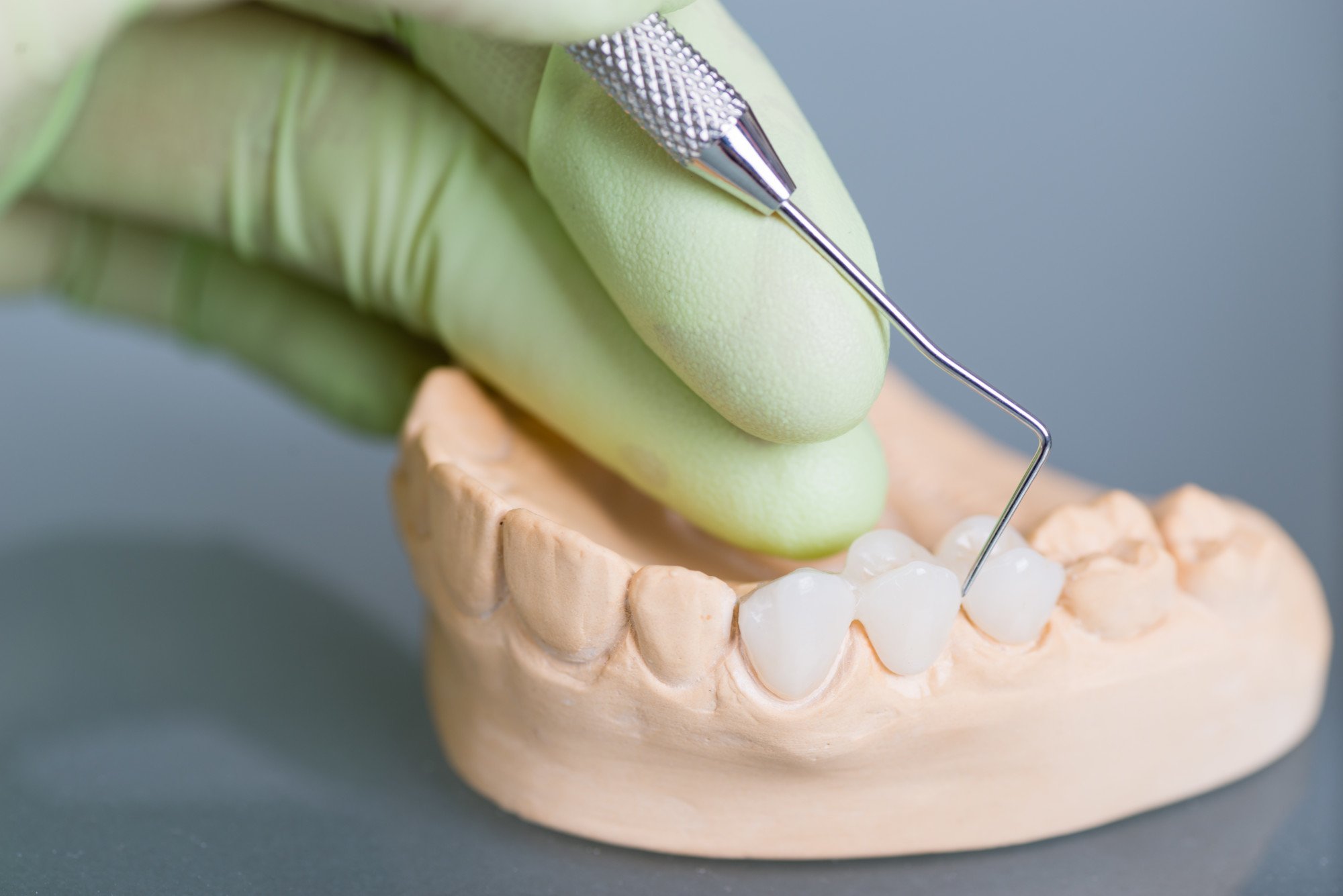
You’ve had the unfortunate meeting with a sharp object that cut your skin. Your recovery is progressing normally, and although the wound has healed, you experience growing discomfort as the days go by.
Where does this pain come from? Should you be worried about the possibility of getting an infection? What does the healing process have to do with pain in the area?
We know what you’re thinking, and the answer is yes. Scar tissue pain can cause discomfort and is a common reason for somatic symptoms. Keep reading to learn more about the relationship between scar tissue, pain, and its symptoms.
Can Scar Tissue Cause Pain?
Yes, scar tissue can cause pain. That’s why scar tissue pain is a type of pain that occurs at or around a scar, which may be the result of surgery, injury, or other trauma to the skin or deeper tissues.
Scar tissue is formed when the body heals itself after an injury. It consists of dense, fibrous tissue different from the surrounding healthy tissue. This tissue can sometimes cause pain, discomfort, or other symptoms, such as itching, burning, or sensitivity to touch.
What Is the Cause of Scar Tissue?
Scar tissue is a type of repaired tissue that forms when a person experiences a deep wound or an intense inflammation in the body. It is believed to be a result of several factors, including:
Inflammation
Inflammation is a natural response of the body to injury or infection. It is an essential part of the healing process. However, when inflammation is excessive or prolonged, it can lead to scar tissue formation.
Fibroblast Activity
Fibroblasts are specialized cells in the body that produce collagen. This protein is essential for the formation of scar tissue. When the body is injured, fibroblasts are activated and begin to produce collagen, forming the basis of scar tissue.
Tissue Damage
Scar tissue is more likely to form in areas where the tissue has been severely damaged or destroyed. The more severe the injury, the greater the likelihood of scar tissue formation.
Genetics
Some people may be more prone to developing scar tissue due to genetic factors. For example, certain genes may affect how the body responds to injury or inflammation, which can influence scar tissue formation.
What Can You Do?
To manage scar tissue pain, there are several options available. Physical therapy can provide exercises and techniques to break up scar tissue and improve mobility. Topical treatments such as pain-relieving creams, gels, or patches can be applied directly to the scar.
Oral medications such as pain relievers or prescription medications may be used to manage scar tissue pain. Still, in some cases, they may not be enough.
If the pain is severe or chronic, it may be necessary to see a pain management doctor. They can provide specialized treatment options such as nerve blocks or spinal cord stimulation to manage the pain effectively.
Learn to Deal With Scar Tissue Pain
Scar tissue can cause chronic pain, especially if the tissue is filled with nerve endings. Surgery, injury, and trauma can all lead to scar tissue, and surgery is the most common cause.
If you are feeling scar tissue pain, it is best to speak with your physician to discuss possible treatments or therapies. Seeing a licensed massage therapist is also a great option to explore to reduce pain. Act now to decrease your pain and improve your quality of life!
We hope this article was useful to you. If you enjoyed it, be sure to check out our blog for more great articles.





